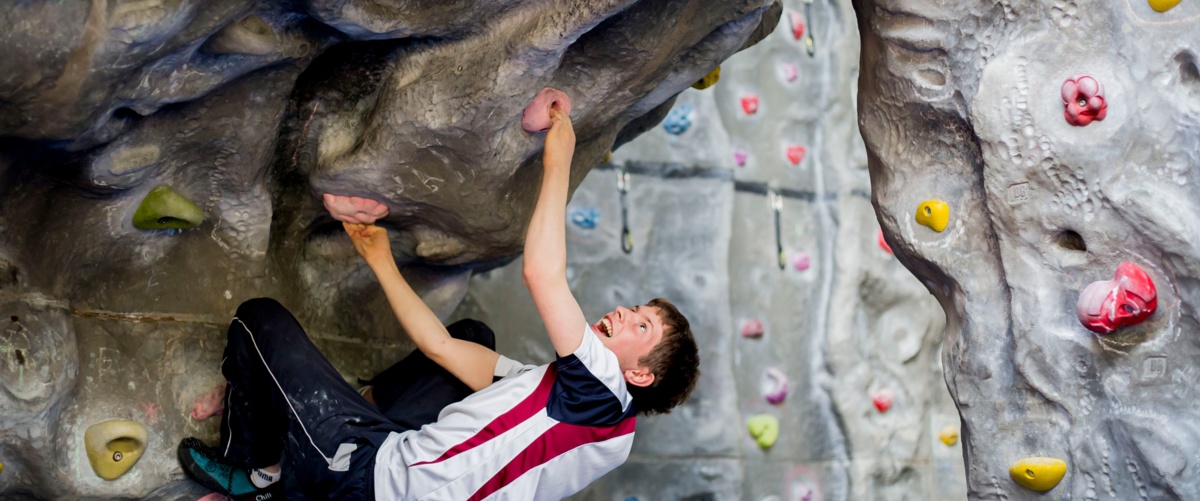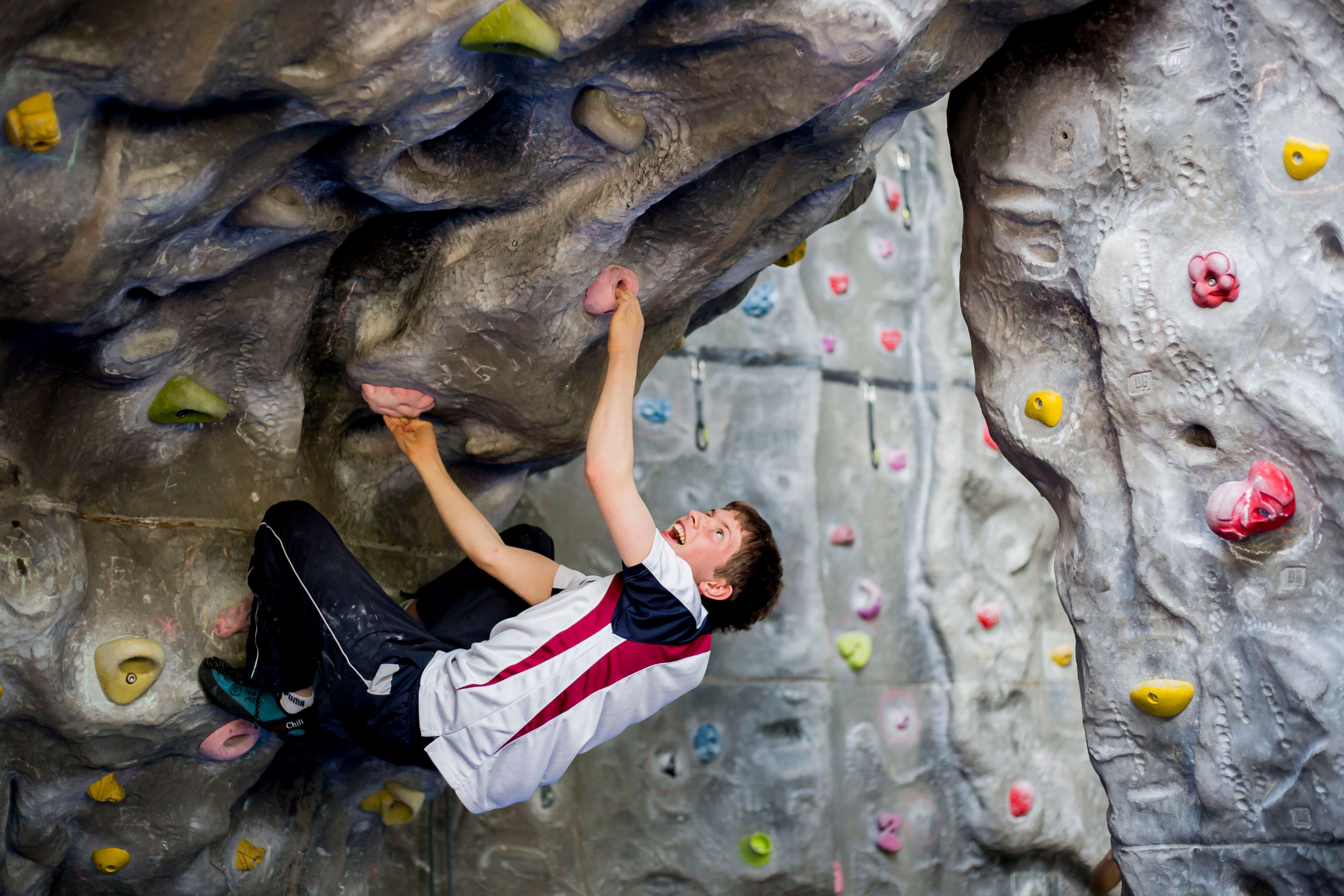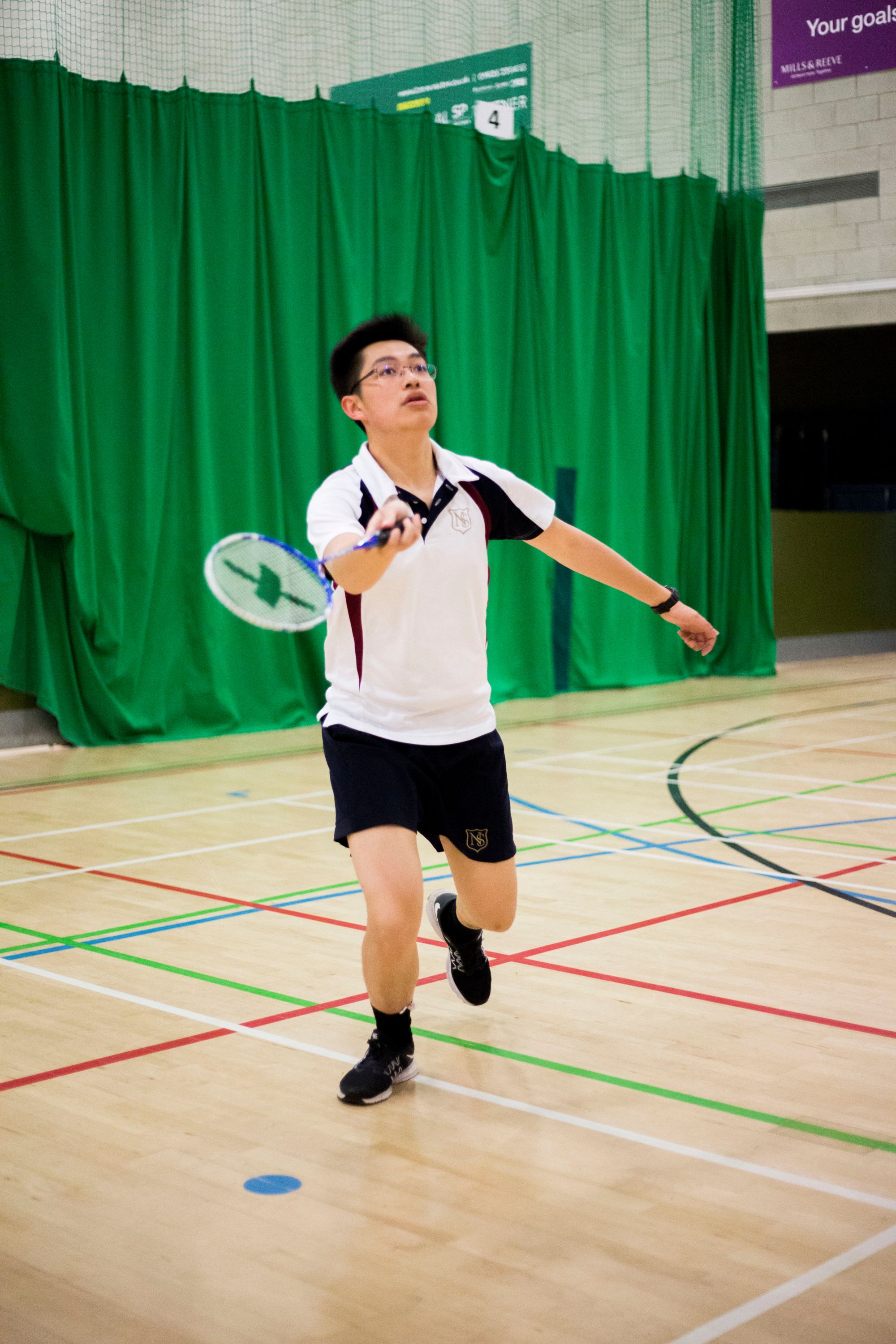Mr Cowan, Director of Sport at Norwich School, explains about the benefits of physical activity and how it promotes good psychological health.
'This time in the school year brings about the onset of a number of changes: the sun starts to re-appear after the winter (we hope!); days get longer; and, in the educational world, exams loom on the horizon.
Many of you may have already started your revision schedules, possibly even some exams. There is always lots to do for those taking external public exams and, often, it becomes a difficult balancing act between revision and other activities. But it is not only the senior years who have exams to sit. Educational research shows that, practice improves performance, hence mock and internal exams for all pupils at the school. This is a similar concept to sport, where research points towards better decision-making and overall performances when pupils learn skills through activities that resemble the contexts they would find themselves in if playing an actual match.
Academic pressure is growing fast and our natural tendency in this context is to start to marginalise other areas of our lives to focus more on traditional educational approaches to revising and learning: mainly spending more time focused on preparation. So why is it that the school continues to promote physical activity through the exam periods for all pupils, whether they are completing internal or external assessment?
If you asked a pupil or teacher at Norwich School about the benefits of physical activity and sport, all would be able to talk about the benefits of physical activity in reducing the impact of a sedentary lifestyle pandemic fuelled over the last decade by advances in technology and changes to our social lives and culture. They would understand the benefits associated with increased physical activity leading to a decrease in the risk of obesity and the life shortening illnesses that are associated with this.
They would also probably be able to talk about how physical activity helps promote good psychological health. We know physical activity gives us a break from the day to day but, more than this, it increases our energy, promotes self-esteem, reduces stress and anxiety and can delay the onset of illnesses like dementia. It can improve our mood and help to protect us against other mental health problems.
These are all very important reasons to exercise and, while it goes some way to explain the rationale for promoting sport, the big secret about physical activity and sport (which has only recently been uncovered) is that sport can make a very valuable contribution to education and even more exciting is that it can help you to do better in your exams.
Evidence from educational research, psychology, the neurosciences and other disciplines is starting to show that traditional opposition between education and sport is simply mistaken and rather than interfering with education, it can actually make a valuable contribution to it.
So what positive effects can physical activity and sport have on academic performance?
1. Those who are physically active have been shown to perform better than their inactive peers and the research would suggest the more active, the better performance.
2. Similar results are seen even in younger pupils when comparing academic performance through literacy and numeracy tests.
3. Sport and activity have been proven to lead to profound and long-lasting changes to brain wiring which enhance intellectual work.
4. Studies have also shown that different types of activities affect different parts of the brain. Aerobic activity has been linked to improved executive functioning (mainly self-regulation, planning and attention) while anaerobic activity improves concentration and memory.
5. Even short bouts of activity can lead to improved concentration and attention which will directly affect how you learn.
We are only just starting to understand the brain and there is, of course, further work to be done, but we can be sure that physical activity, sport and exercise can make a valuable and distinctive contribution to your educational performance.
This is not to say that physical activity will be the answer to understanding a tricky integration equation, but my conclusion from the recent research is that there is no doubt that the right type of physical activity or sport will certainly benefit pupils during the exam season and beyond. There is even some correlation between being physically active and improving your chances of securing a good job and getting promoted so sport for life is very much preparation for a successful life after Norwich School.'
References
Alexandratos, K., Barnett, F. & Thomas, Y. The impact of exercise on the mental health and quality of life of people with severe mental illness: a critical review. (British Journal of Occupational Therapy, 2012, Vol 75)
Bailey R. 9 Research Findings that show why education needs sport (European Commission, EPALE blog post 2016)
Carlson M.C et al. Exploring the Effects of an “Everyday” Activity Program on Executive Function and Memory in Older Adults: Experience Corps (The Gerontologist, 2008, Vol 48)
Chang Y.K, Labban J.D, Gapin J.I, Etnier J.L. The effects of acute exercise on cognitive performance: A meta-analysis (Brain Research, 2012, Vol 1470)
Ekkekakis P et al. Walking in (affective) circles: Can short walks enhance affect? (Journal of Behavioural Medicine, 2000, Vol 23)
Kramer & Erickson K. Capitalizing on cortical plasticity: influence of physical activity on cognition and brain function. (Science Direct, 2007, Vol 11)
Rooth D-O. Work out or out of work – The labour market return to physical fitness and leisure sports activities (Labour Economics Vol 18, Iss 3, June 2011)
Salmon, P. Effects of Physical Activity on Anxiety, Depression, and Sensitivity to Stress: A Unifying Theory. (Clincal Psychology Review, 2001, Vol 21)
Singh A, Uijtdewilligen L, Twisk JWR, van Mechelen W, Chinapaw MJM. Physical Activity and Performance at School A Systematic Review of the Literature Including a Methodological Quality Assessment. (Arch Pediatr Adolesc Med. 2012)
Trudeau F & Shepard R.J. Physical education, school physical activity, school sports and academic performance (International Journal of Behavioral Nutrition and Physical Activity 2008, Vol 5)
Zschucke, E., Gaudlitz, K. & Strohle, A. Exercise and Physical Activity in Mental Disorders: Clinical and Experimental Evidence. (J Prev Med Public Health, 2013, Vol 46)




